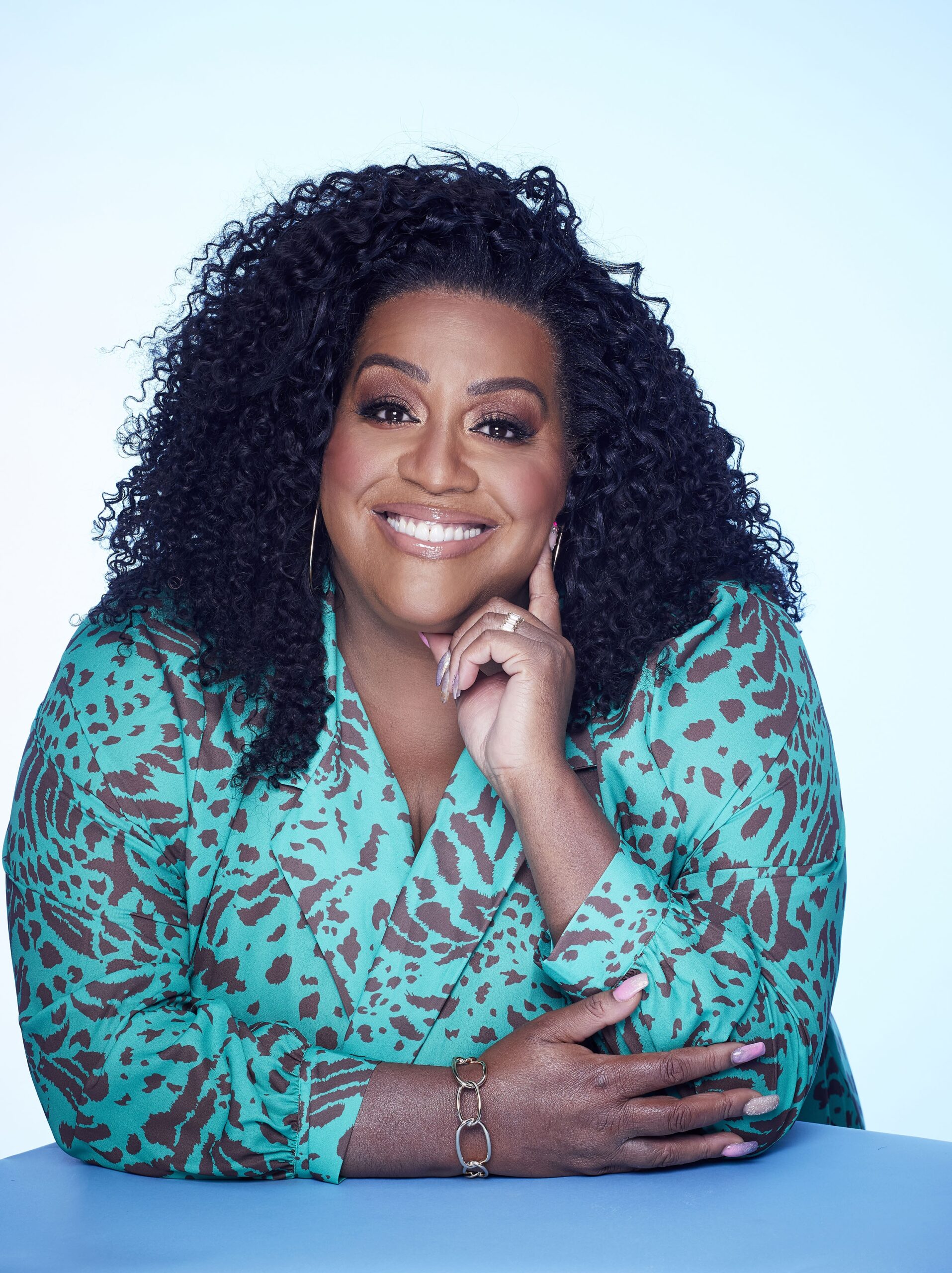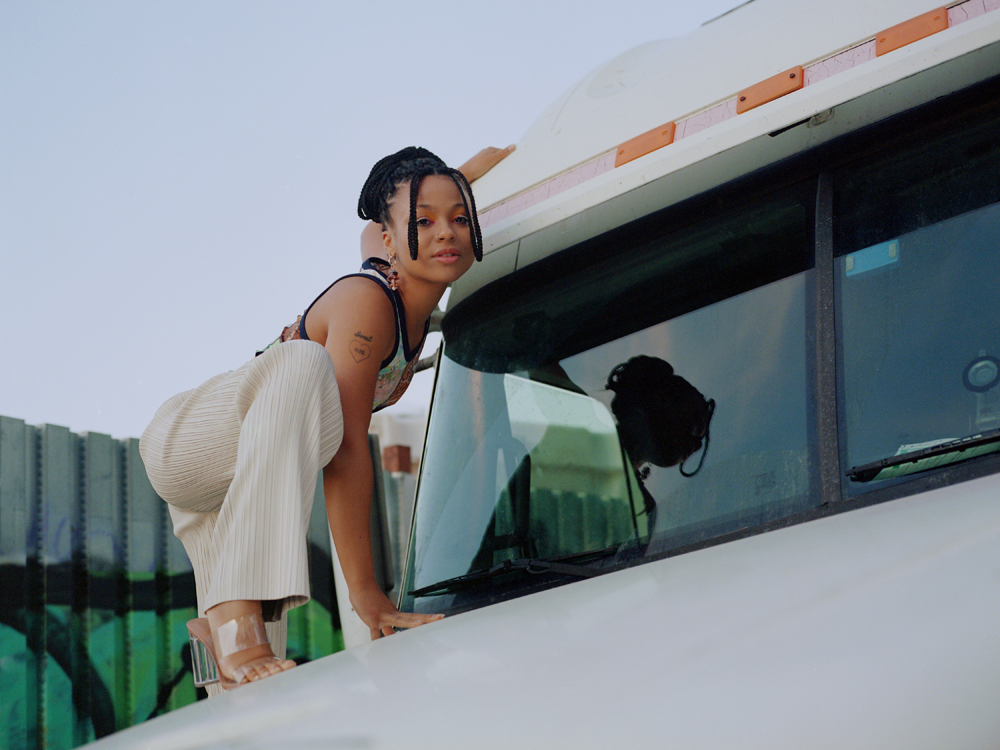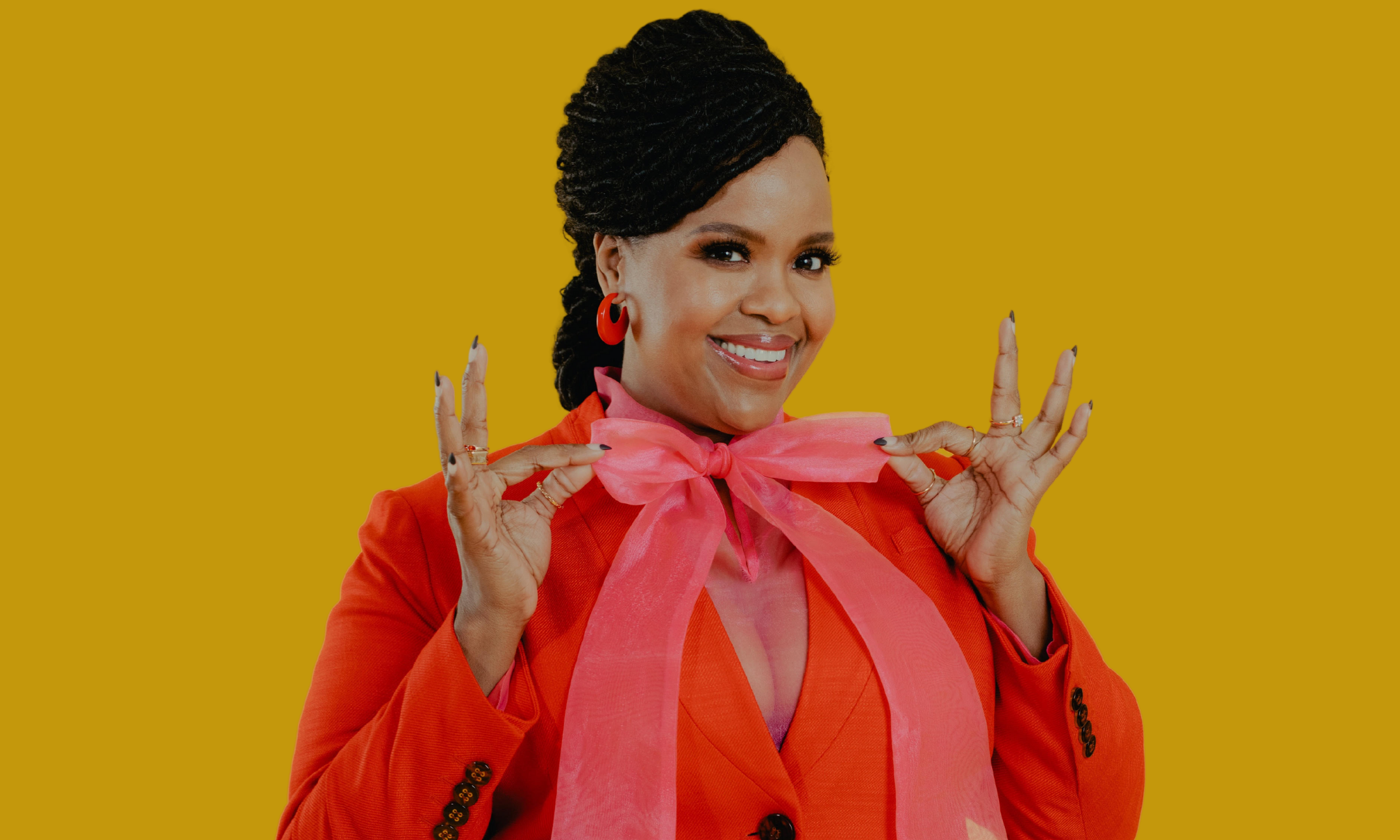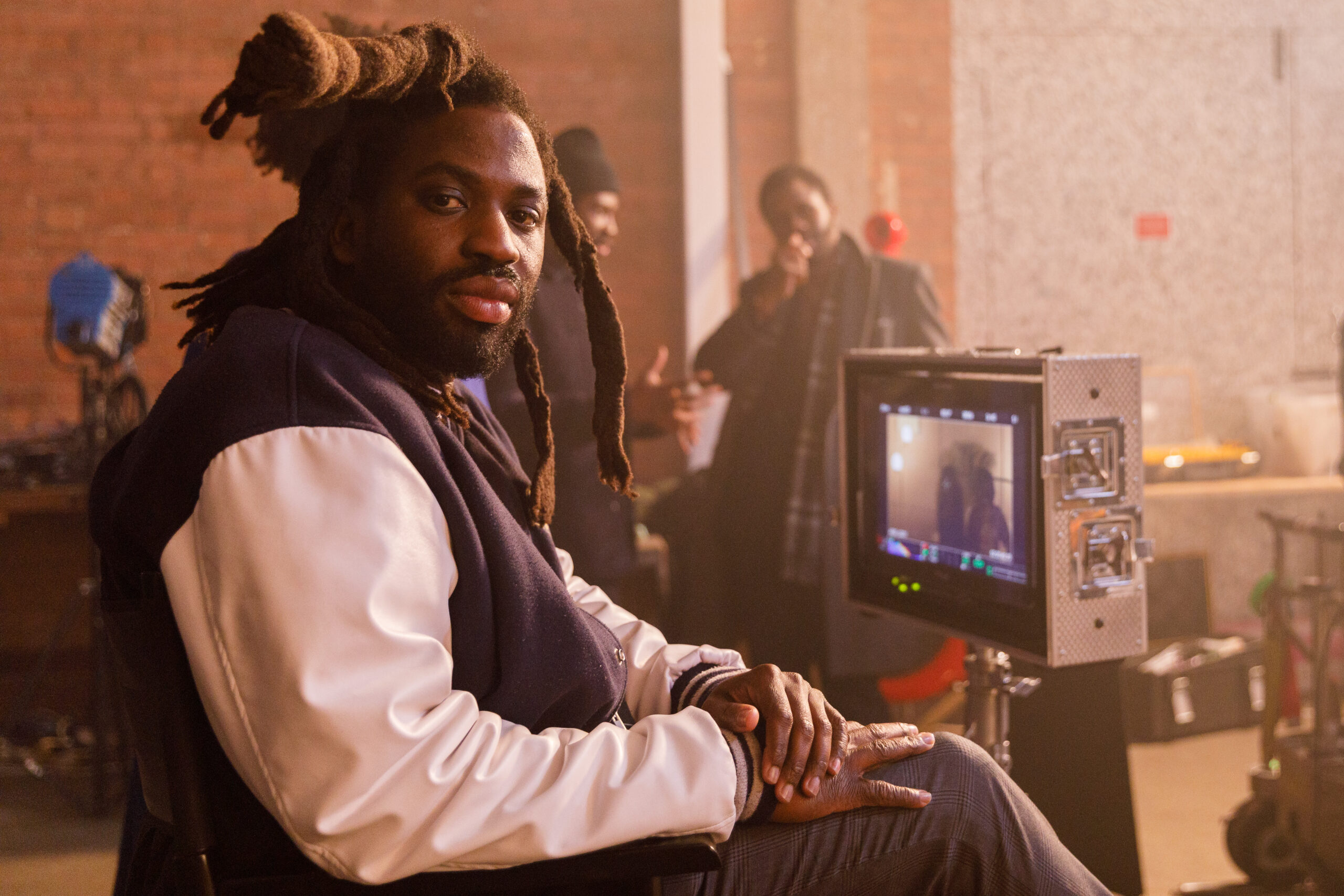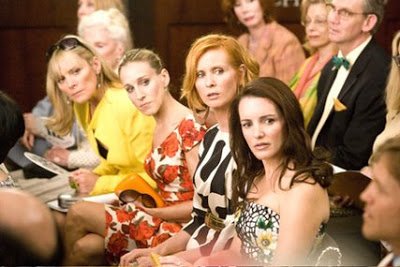
image via Blog-Bond
For the longest time, Carrie Bradshaw, Ross Gellar and Hannah Horvath were my virtual best friends. I would ride or die for them, hard. There wasn’t much anyone could tell me that would diminish my loyalty to them. That was until I started watching the Grapevine TV, listening to podcasts like The Receipts and started reading books like Reni Eddo-Lodge’s award-winning Why I’m No Longer Talking to White People.
Essentially, I was becoming woke – black woke – and my lighter skinned best friends were quickly becoming my frenemies. Or even worse, enemies. The thought of clicking on Ross’ face in the Friends thumbnail on Netflix was becoming harder and more painful, but my heart was equally yearning for that ease to just spend hours on end, bingeing my favourite, predominately white, TV shows.
But even though I was mourning the loss of these fictional friendships, I knew that it was for a valid reason. Throughout the six seasons of Sex and the City, I can only recall a handful of times I noticed a black person or person of colour as a substantial character. Similarly, in shows like Friends, Seinfeld and Girls, there never seemed to be a balanced representation of people of colour, even though they were all set in New York City, which we all know to be extremely ethnically diverse and multicultural in reality. To intensify the frustration, when shows have decided to include characters of colour, whether instigated by major public criticism (cough cough, GIRLS) or from the writer’s own volition, the characters are usually unnecessarily feeding into racial stereotypes, fetishised or so obviously tokenised.
“Why was there no one like me invited to sit and eat salad at the table with Carrie and her friends”
Becoming aware of this lack of representation within my favourite, majority white TV shows began to make me feel resentful and frustrated. Why was there no one like me invited to sit and eat salad at the table with Carrie and her friends? Or when it was decided to have someone like me on the show, why did she have to be the angry black neighbour or the angry black sister of a very black, very tall, very athletic (and apparently, very well-endowed) love interest? Carrie, answer me, why?!
Even though I know Carrie will never give me the answers (mostly because she is a fictional character), it isn’t too hard to understand why this is an ongoing issue in the industry. According to studies conducted by The Writers Guild of America, only 13% (or lower at times) of non-white writers, are employed into the writer’s rooms of such shows. Inevitably, it is no shock that this leads to the same, regurgitated, Caucasian saturated TV shows, spewed out across the intensely white barricaded networks.
So as an act of defiance, I have recently decided to opt for more “melanated” TV shows. Shows drenched in black and brown hues. I’ve consciously been forming virtual best friendships with characters created and/or played by the likes of Issa Rae, Michaela Coel, Gina Rodriguez, Cecile Emeke, Lena Waithe, Tom Moutchi, Tracee Ellis-Ross and many more. Shifting direction from Whitesville to Hella Black Avenue has allowed me to see myself on the TV screen, something my unawake-self never realised was a possibility or a positive.
Being able to directly relate to characters on a realistic level, as opposed to a false pretence that “you and I are the same” has been comforting, educational and quite frankly, has undone some of the damage that had occurred in my previous un-woke life. It has allowed me to see that black women can be the love interest of not just one, but two men (and more if we consider Issa’s “hoetation” phase in season two), thanks to TV shows like HBO’s Insecure. It has allowed me to see that black men are complex and have differing insecurities and vulnerabilities outside of slavery, gangs and “ooo, which bi*ch am I gonna f*ck next bruh”, thanks to TV shows like ABC’s Black-ish. It has allowed me to see that black girls can be weird, quirky, have big lips and big afro hair, but still be romantically sought after, smart, witty and funny, thanks to TV shows like Channel 4’s Chewing Gum and movies like the Netflix original, The Incredible Jessica James.
“It has undone some of the damage that had occurred in my previous un-woke life”
Although making new best friends with PoC on Netflix and Prime Video has been satisfying, I have also been questioning how necessary my mini “white TV show” boycott is and whether I’m being overdramatic. While lying in bed watching and re-watching and re-re-watching that final scene of Insecure, Season 1 (if you don’t know, please, I plead, get to know), I wonder why I can’t simultaneously love Insecure as much as I want to love Girls. Can white shows like Seinfeld not exist in the same breath as shows like The Fresh Prince of Bel Air? Can I not love them all? Carrie, I’m calling out to you again, can I not love them all?!
Regardless of Carrie’s silence, I personally believe that these answers can only be revealed with time. Everybody’s journey to the land of PoC wokeness will manifest in different ways. Some may fling their Friends box sets into the abyss but later find and reclaim the same box set with open arms. Whereas some may gather all their white TV show box sets and dash them into a burning hot cauldron of volcanic acid, never to look back. As for me, I’m hoping for something in between. I dream of a day where I’ll be able to watch Sex and the City and Friends without rolling my eyes and running out of oxygen from sighing to no end. Either that, or I’ll just continue disliking Lena Dunham for eternity. And if that is the case then I don’t mind so much, because I have Jay Ellis’ perfectly, unblemished, glistening, brown bum cheeks available to re-watch at my fingertips.

